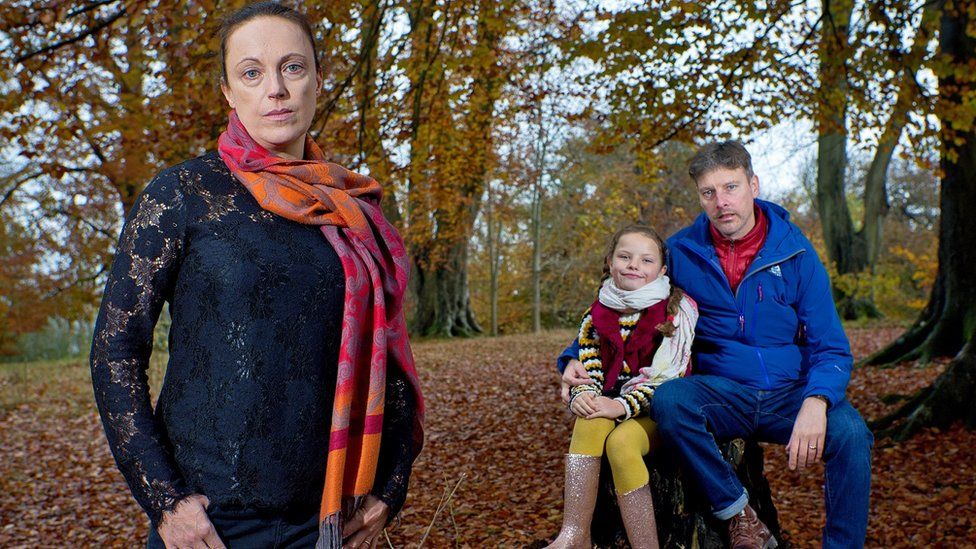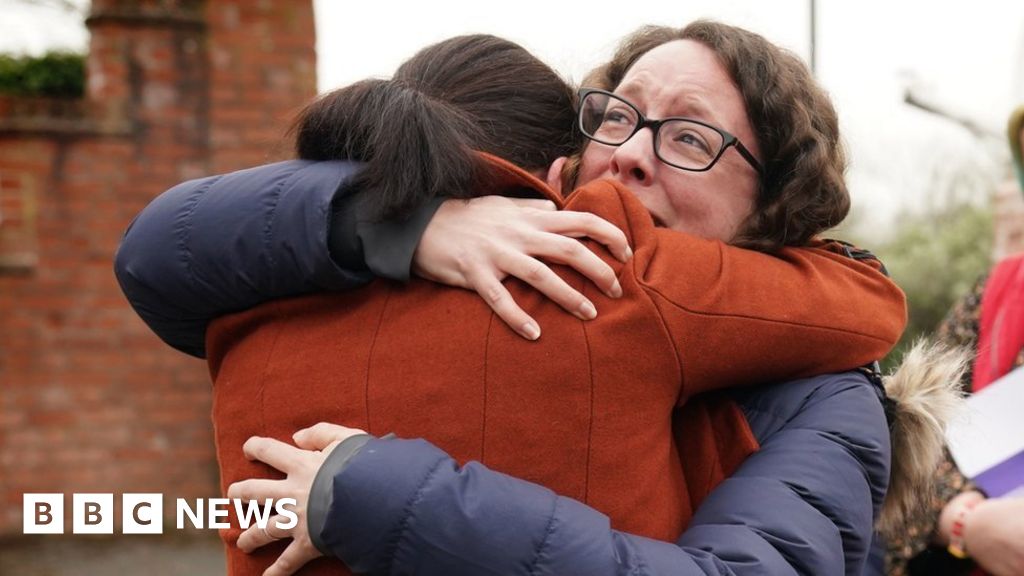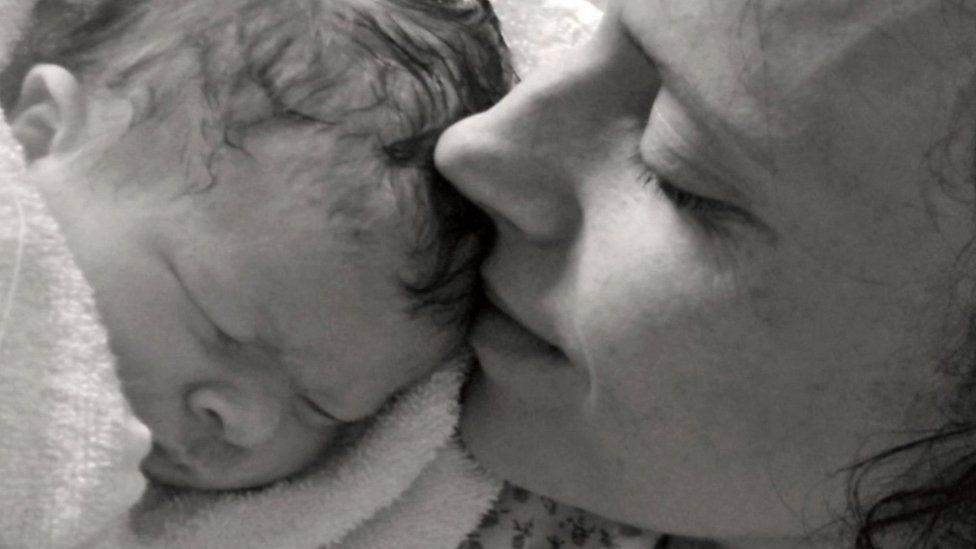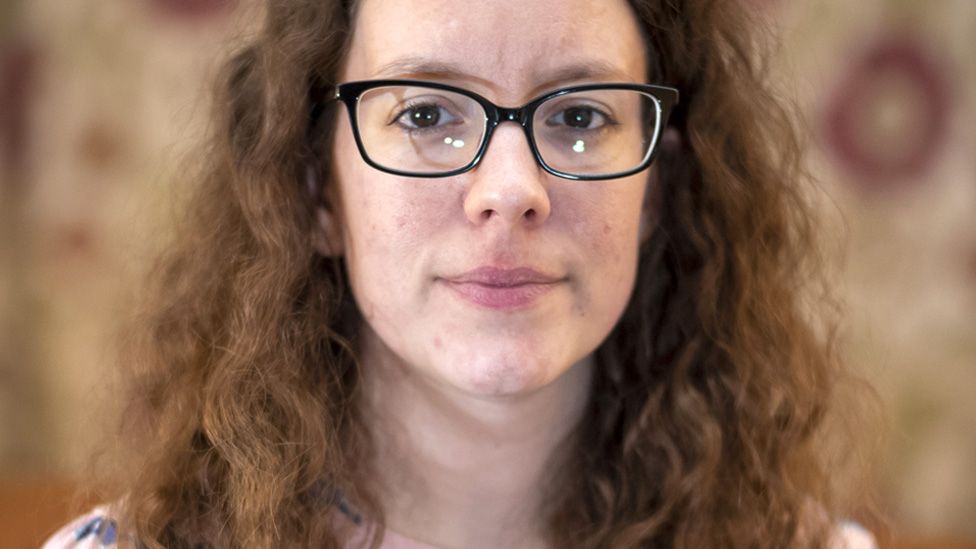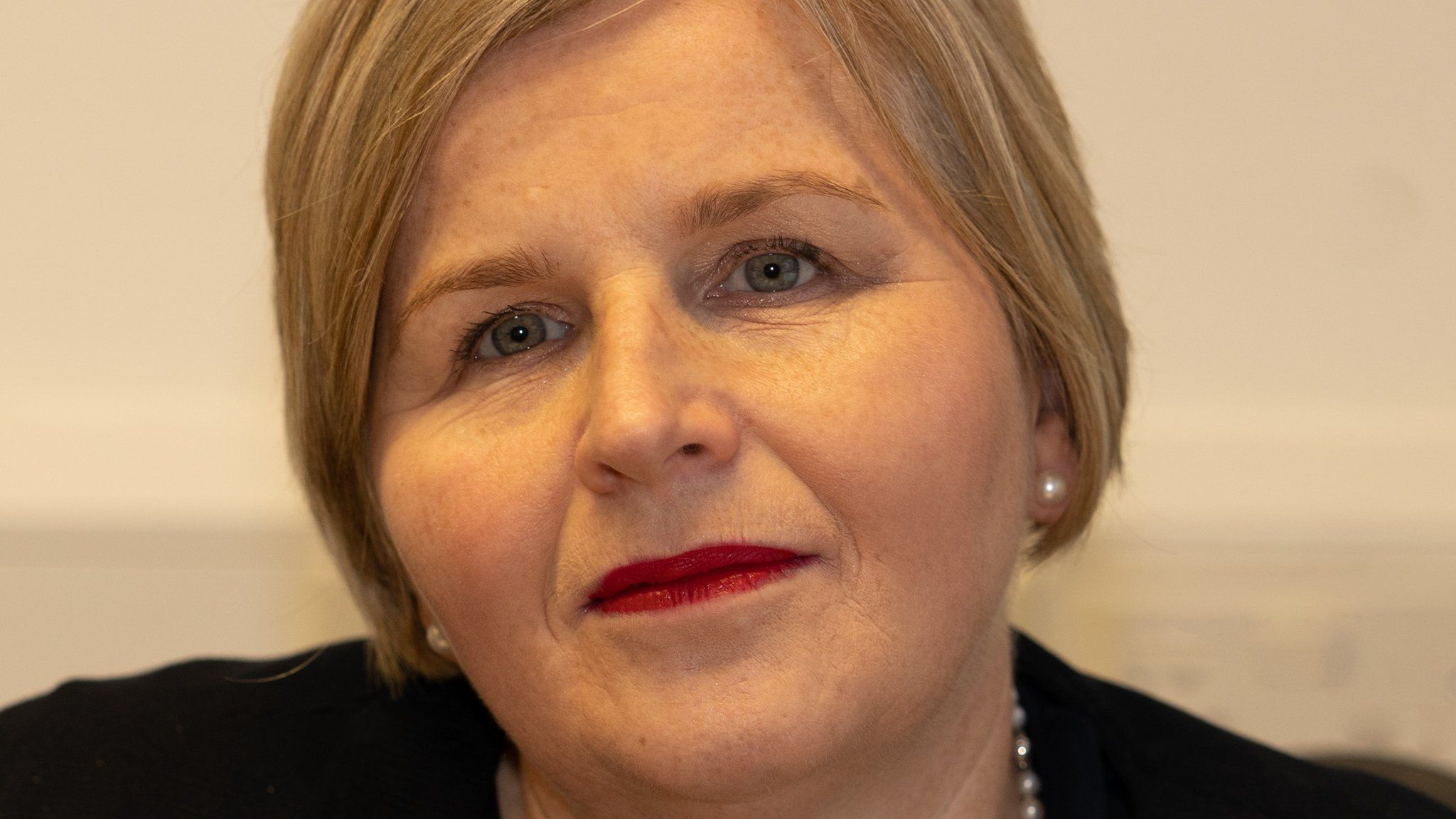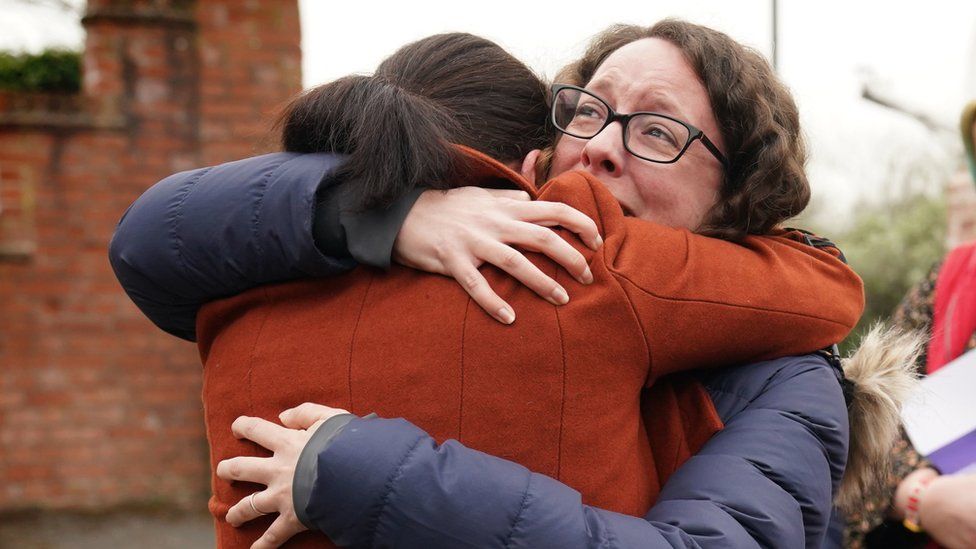
Repeated catastrophic failures at an NHS trust meant more than 200 babies may have died and many others left with life-changing injuries, a report said.
Senior midwife Donna Ockenden’s review examined maternity care at the Shrewsbury and Telford NHS Trust (SaTH) spanning 20 years.
Her report found babies’ deaths were often not investigated meaning “failures in care were repeated”.
It also found bereaved parents were not listened to when they raised concerns.
SaTH has apologised to affected families and described the report as “deeply distressing”.
“We now know that this is a trust that failed to investigate, failed to learn and failed to improve,” Ms Ockenden said.
“This resulted in tragedies and life-changing incidents for so many of our families.”
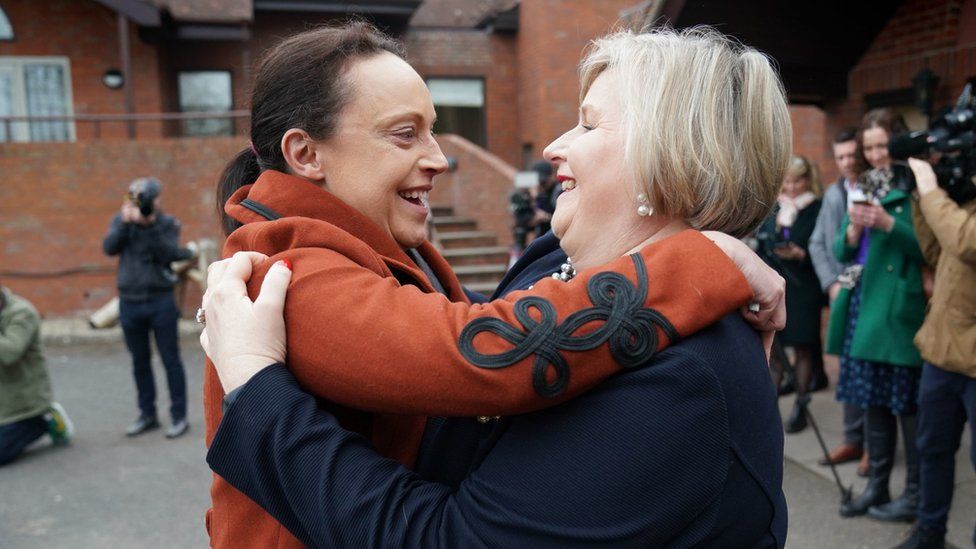
The review, which examined almost 1,600 cases, is thought to be largest of its kind in NHS history.
Severe brain injuries
It revealed 201 babies could have survived had SaTH provided better care, related to 70 neonatal deaths and 131 cases where babies were stillborn.
There were also 29 cases where babies suffered severe brain injuries and 65 incidents of cerebral palsy.
Rhiannon Davies, whose daughter Kate died in 2009, said the numbers themselves did “not not tell the whole story” of the impact on families.
In all the cases identified by the inquiry, as well as nine mothers’ deaths, it found better care “might” or “would reasonably be expected” to have made a difference.
Ms Ockenden cited examples of ineffective monitoring of foetal growth and a culture of reluctance to perform Caesarean sections as repeated problems which “resulted in many babies dying during birth or shortly after”.
“The reasons for these failures are clear,” she said. “There were not enough staff, there was a lack of ongoing training, there was a lack of effective investigation and governance at the trust and a culture of not listening to the families involved.”

This video can not be played
To play this video you need to enable JavaScript in your browser.
Key findings:
- A culture where mistakes were not investigated and a failure of external scrutiny
- Parents were not listened to when they raised concerns about the care they received
- Where cases were examined, responses were described as lacking “transparency and honesty”
- The trust failed to learn from its mistakes, leading to repeated and almost identical failures
- A culture of bullying, anxiety and fear of speaking out among staff at the trust “that persisted to the current time”
- Caesarean sections were discouraged, often leading to poor outcomes

In all, Ms Ockenden identified 60 specific improvements that could be made at SaTH and said there could be “no excuses” going forward.
The review found a culture of not investigating mistakes, with hundreds of instances where SaTH failed to appropriately examine deaths or undertake serious incident investigations with mistakes being “inappropriately downgraded”.
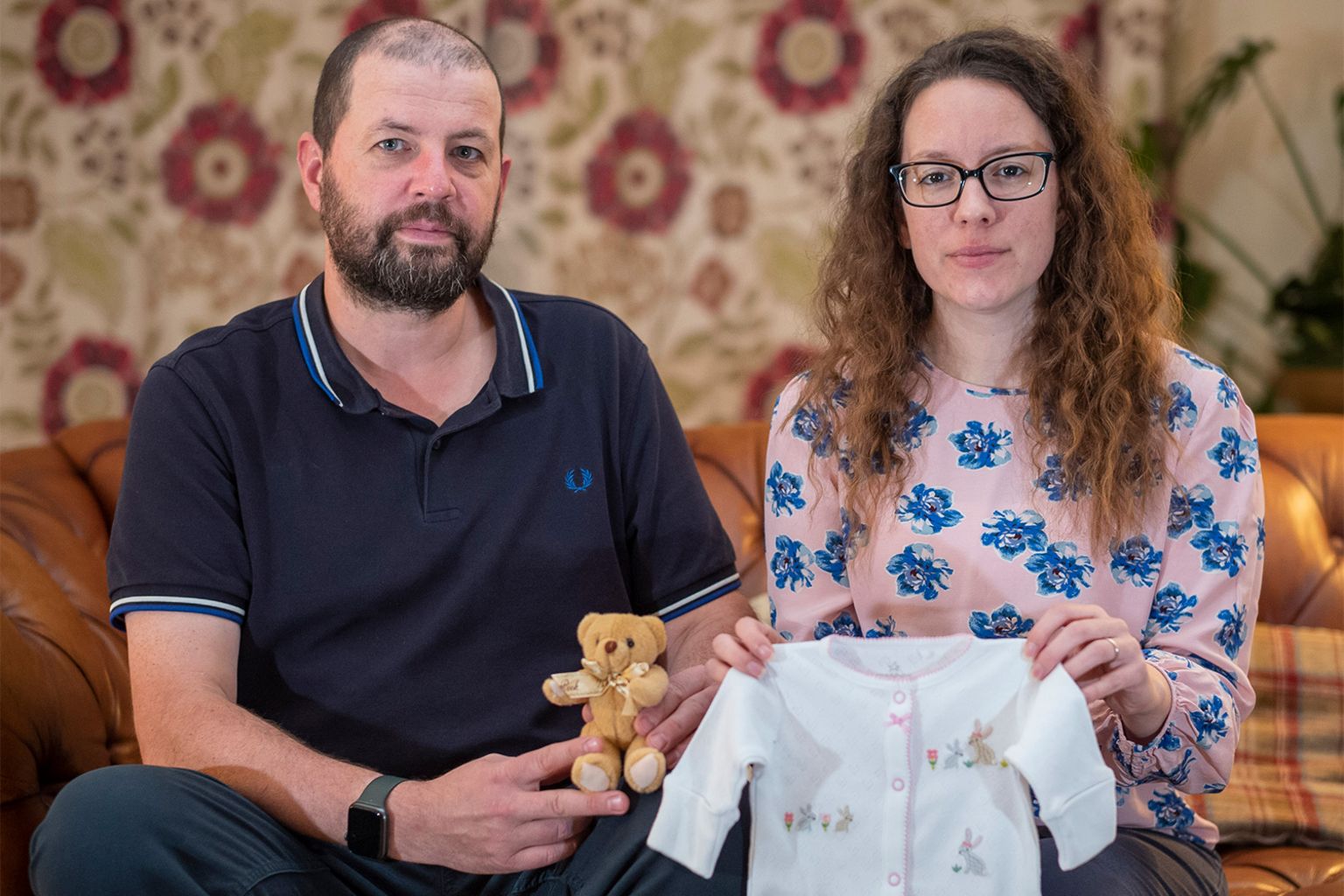
Between 2011 and 2019, 40% of stillbirths and 43% of neonatal deaths did not even have an investigation. Of those cases that were examined, the Ockenden team graded the reviews as poor in almost half of stillbirths and over a third of neonatal cases.

Analysis
By Michael Buchanan, Social Affairs correspondent
The numbers are enormous, shocking even for those of us who long suspected there was something far wrong with the care at the trust. But the crucial thing to remember is that what the failings highlight are individual families who’ve grieved in private and at times been lied to by a trust that seemed uninterested in helping them to understand what happened or to learn any lessons.
Reading the report, there seems at times to have been an almost casual disregard for life – mothers have explicitly told me of being told, you’ll be fine, you’re young, you can have another child.
The central question now is how does the trust convince the women of Shropshire that it’s currently providing a safe service – Donna Ockenden’s remarks about care and culture in the trust in 2022 raise significant questions about the ability of the leadership team there to drive through the many changes that are clearly needed.

Blame mothers
On those occasions where cases were investigated, the trust failed to identify areas for improvement and missed opportunities to learn.
Ms Ockenden added the trust had a tendency to blame mothers for poor outcomes, and even in some cases for their own babies’ deaths.
The inquiry was first commissioned in 2017 following a campaign by two families who had lost their babies.
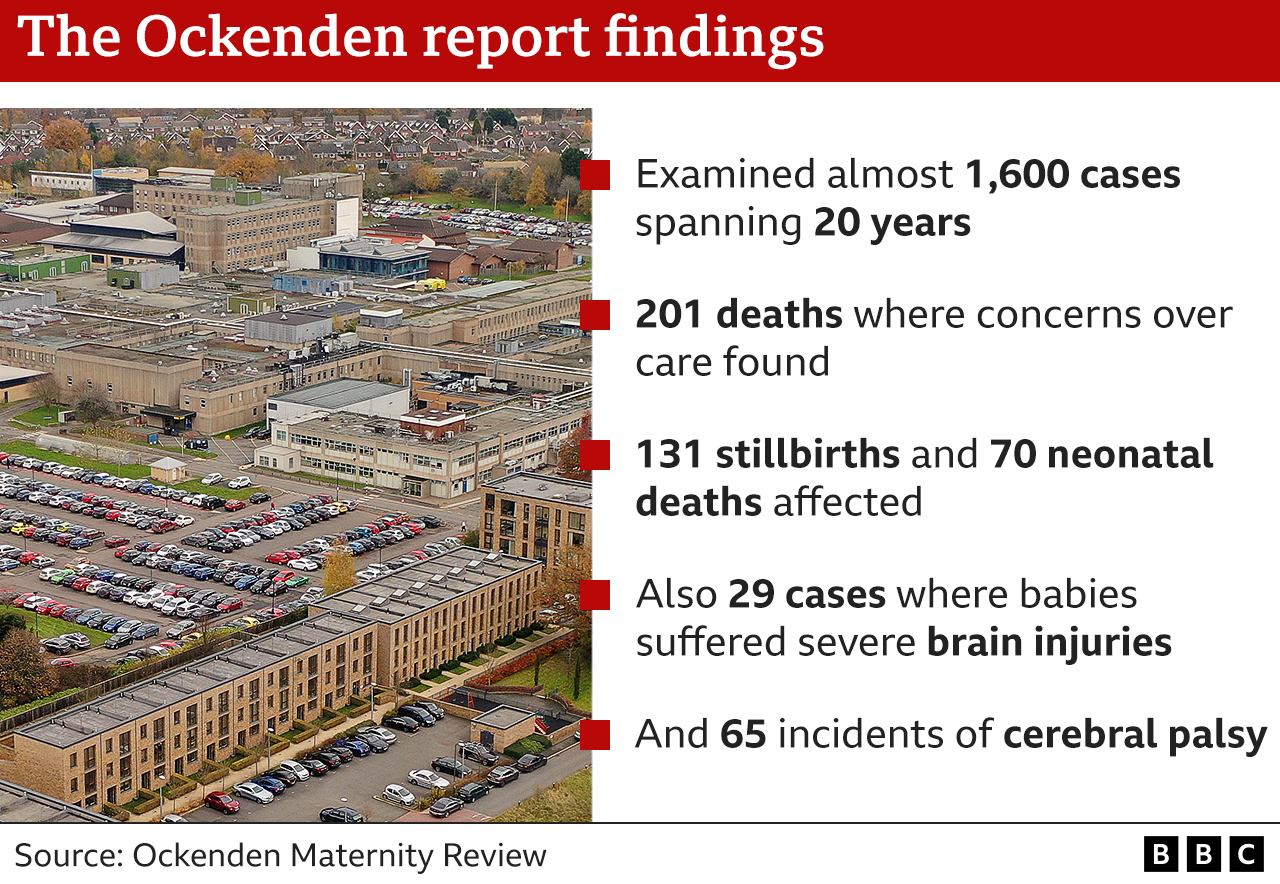
Richard Stanton and Rhiannon Davies’s daughter Kate died hours after her birth in March 2009, while Kayleigh and Colin Griffiths’ daughter Pippa died in 2016 from a Group B Streptococcus infection.
“I think you really must dig into the family details to understand the long-term, deep-seated pain and harm that has been meted out by such appallingly poor care at this trust,” Ms Davies said ahead of the report’s publication.
Former health secretary Jeremy Hunt, who commissioned the review after being approached by the families, said the findings were “far worse” than he could have imagined and he hoped it would be a “wake-up call”.
‘Harrowing picture’
Responding to the findings, current Health Secretary Sajid Javid said they painted a “tragic and harrowing picture of repeated failures in care”.
“I am deeply sorry to all the families who have suffered so greatly,” he said. “We will make the changes that are needed so that no families have to go through this pain again.”
This video can not be played
To play this video you need to enable JavaScript in your browser.
The review calls for increased funding, training and accountability across maternity services as well as improved post-natal care and care for bereaved families.
“The legacy of this review should be a maternity service across England that is appropriately funded, well-staffed, trained, motivated and compassionate and willing to learn from failings in care,” Ms Ockenden said.
“There should never again be a review of this scale, in both numbers and the length of years across which these concerns remained hidden.”
Louise Barnett, chief executive at the Shrewsbury and Telford Hospital NHS Trust said, the report was “deeply distressing”.
“We offer our wholehearted apologies for the pain and distress caused by our failings as a trust,” she said.
“We have delivered all of the actions we were asked to lead on following the first Ockenden report, and we owe it to those families we failed and those we care for today and in the future to continue to make improvements, so we are delivering the best possible care for the communities that we serve.”
If you are affected by issues raised in this article, help is available through the BBC’s Action Line.

Follow BBC West Midlands on Facebook, Twitter and Instagram. Send your story ideas to: newsonline.westmidlands@bbc.co.uk
-
- 3 hours ago
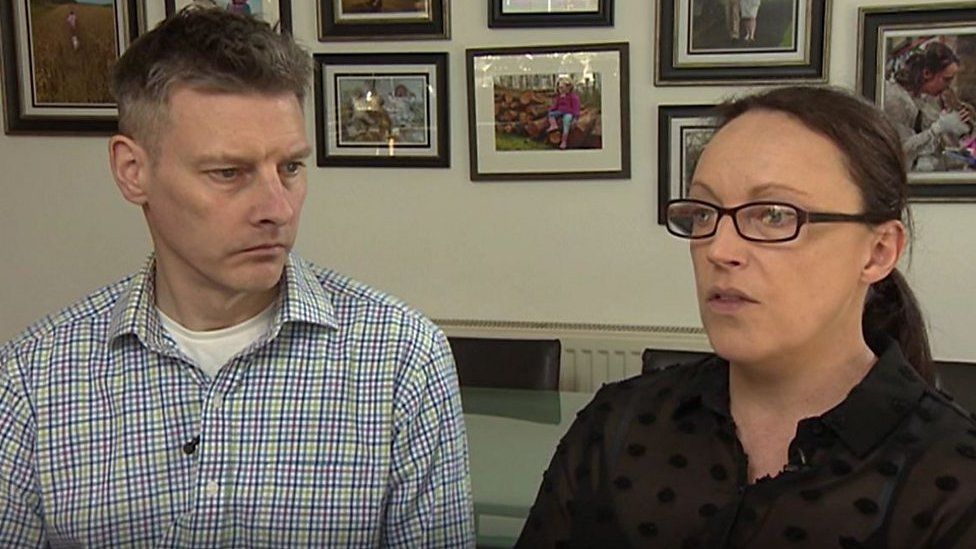
-
- 55 minutes ago
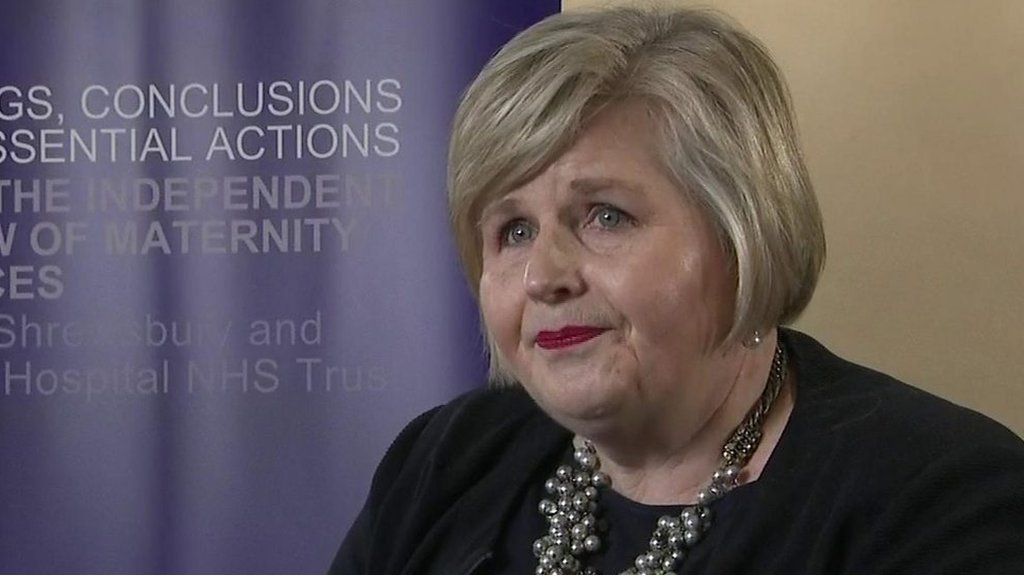
-
- 29 November 2019
